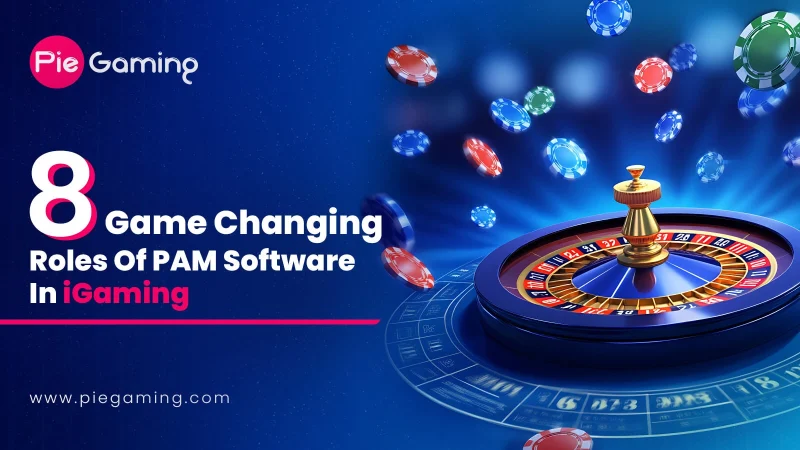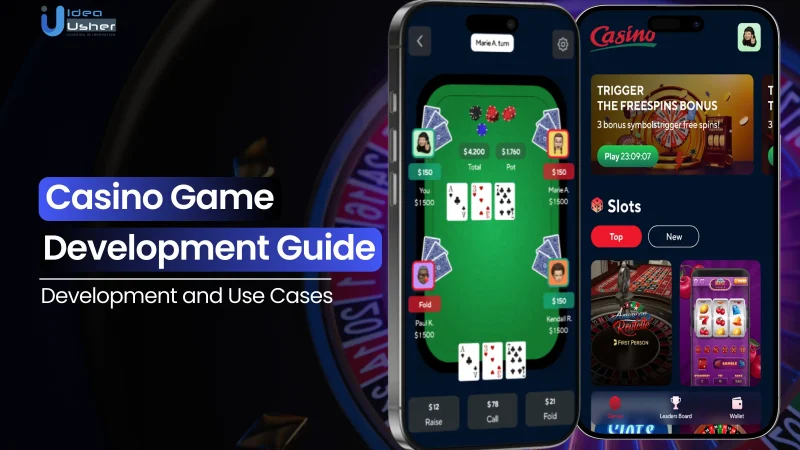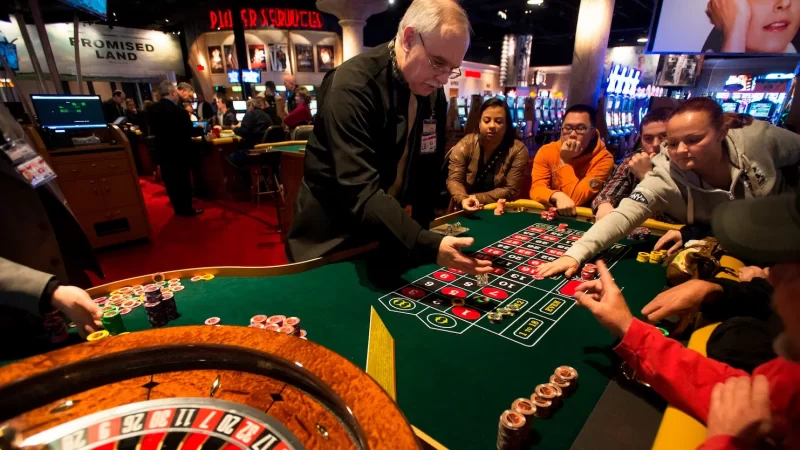The Psychology of Slot Machine Addiction

Slot machines are an addictive form of gambling, taking advantage of our brain’s natural reward system to captivate and hold our interest for longer, making it hard for us to stop when there’s the possibility of winning big!
Understanding the psychology of slot machine addiction is vital in order to recognize warning signs and seek help before it’s too late. This may involve identifying triggers, seeking support and repairing relationships damaged by addiction.
Chasing losses
Chasing losses is a common issue among people who gamble, often leading to psychological distortion and gambling addiction. Chasing losses often feels like a race against time for winning back money lost, negatively affecting relationships, work prospects and finances in general.
People who play slot machines may experience a trance-like state known as “dark flow.” Studies have revealed that depressed individuals and those suffering from mindfulness issues outside gambling tend to experience dark flow more readily while gambling on slots machines.
Researchers designed a 60-trial computerized task that emulated card game conditions, in which participants competed against the house. Following each trial, participants were informed whether or not they won EUR1. Hierarchical linear regression analyses revealed that participants’ decisions to continue playing was determined by experimental condition (after dummy coding), alcohol consumption and deficit in mentalization; path analysis further demonstrated this relationship by showing present orientation and hypermentalizing predicted continuation playing; while alcohol consumption mediates this association.
Reward systems
The hope of winning a life-altering jackpot can be an irresistibly tempting lure that keeps people gambling. Dopamine releases from their brain’s reward system, encouraging more play. As people gamble more often they increase their risk of money losses and debt accumulation; furthermore they may lie to loved ones about spending habits or hide losses altogether.
Gambling behavior can lead to serious financial challenges that could potentially lead to homelessness or criminal activity. Thankfully, there are ways individuals can address this risk and seek treatment through counseling or self-help groups like Gamblers Anonymous. Medication should only be used alongside therapy and self-help groups for optimal effectiveness.
Researchers have recently demonstrated that behavioral interventions can help overcome brain impulsivity. These may include taking measures such as removing oneself from environments where gambling might occur and finding activities which bring happiness.
Social and cultural influences
Many don’t recognize gambling’s addictive qualities, yet it is. Gambling also acts as a window into culture because the games people choose reveal something about how they perceive risk and reward. Even though slot machines might be hard to avoid altogether, people can try replacing their addiction with something more productive or less addictive.
Physical slots can be found easily in casinos, bars and convenience stores allowing anyone to gamble easy access. Unfortunately, this makes excessive gambling behavior normalized and encourage it further; eventually leading to addiction for people living on lower incomes whose pride can push them on even after losing large sums of money through gambling addiction.
Modern slot machines feature flashing lights and loud sounds designed to engage players completely, providing an engaging gaming experience and drawing their attention away from other pursuits. Unfortunately, this may also serve as a gateway for gambling addiction due to their unpredictable outcomes – leading to a cycle of winning and losing that can become addictive over time.
Therapy
If you find yourself succumbing to slot machine addiction, cognitive-behavioral therapy could be of immense help. This treatment centers on changing unhealthy gambling behaviors into healthier ones while teaching you coping mechanisms for dealing with any urges to gamble; ultimately this will allow you to better control your gambling behavior and avoid financial, familial, work, and relationship complications as a result of it.
Imagine Desensitization can also be an effective coping technique. This approach uses relaxation techniques to assist individuals in facing and resisting gambling temptations and changing how their brain perceives the stimuli which trigger gambling behavior, including feelings of pleasure or pain.
Losing your gambling addiction is the first step toward living a more satisfying life. Gamblers Anonymous (GA) offers groups across the country where you can find support and learn how to break free of it. While admitting you have an issue may be hard, doing so is the only surefire way of getting help.







